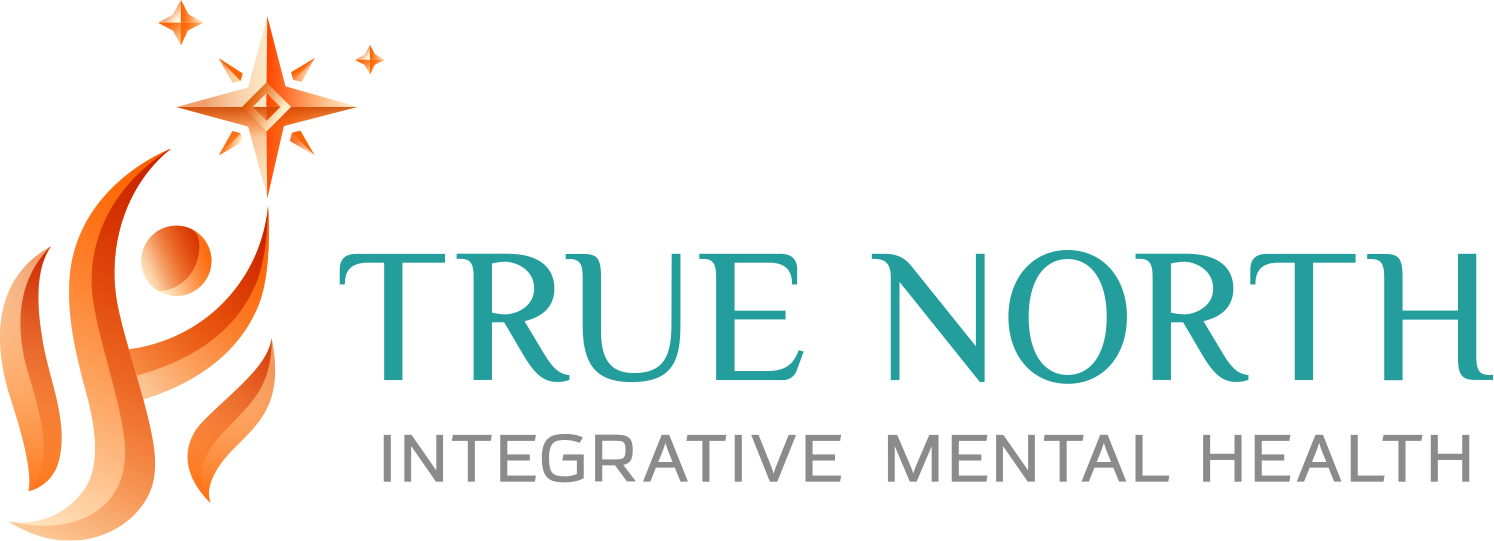Using TMS For Fibromyalgia: Pain Related Depression
Dr. Jamie Rogers • August 7, 2022
Sometimes the pain becomes so unbearable that you cannot perform your daily tasks. No matter what you try, you cannot seem to find relief. If this sounds like you, it may be time to consider TMS therapy for fibromyalgia. This new therapy shows promising results in reducing chronic pain in patients with fibromyalgia.
Here's what you need to know about this non-invasive treatment and whether it can help you with your fibromyalgia symptoms and chronic pain.
What Is Fibromyalgia?
A chronic condition called fibromyalgia causes discomfort in several areas of the body, such as joint cavities, muscles, ligaments, and tendons. It has also been linked to fatigue, sleep problems, headaches, depression, and anxiety.
Experts believe fibromyalgia amplifies painful sensations by affecting how a person's brain and spinal cord process painful and non-painful signals.
Fibromyalgia Risk Factors
Fibromyalgia may have several causes, including gender, genetics, complicating conditions, and psychological stress.
- Gender: Fibromyalgia is significantly more common in women.
- Genetics: Fibromyalgia is more likely to occur with a family history.
- Auto-Immune Disorders: If a person has auto-immune disorders, such as osteoarthritis, rheumatoid arthritis, or lupus, their likelihood of developing fibromyalgia increases.
- Psychological or Physical Trauma: Fibromyalgia symptoms usually develop following physical trauma, surgery, serious infection, or severe psychological stress. In other cases, the symptoms gradually worsen without a triggering event.
Fibromyalgia & Mental Health
If you have fibromyalgia, you know the fatigue and pain well. But did you know that this chronic condition can also lead to depression? Studies have shown that people with fibromyalgia are more likely to suffer depression, anxiety, or other mental health conditions.
Fibromyalgia causes unceasing, persistent pain and lack of sleep, which significantly impairs a person's quality of life and sense of well-being. But the never-ending difficulty of living with a health condition people don't commonly understand can also result in mental or emotional challenges, leading to disorders such as depression and anxiety.
The most common treatment for Fibromyalgia is medication. Typical medications include:
- Analgesics (Pain Medications)
- Anti-Depressants
- Anxiolytics (Anti-Anxiety Medications)
- Anti-Convulsant Medications
These medications may not always be practical, cause adverse side effects, or lead to dependence.
What Is Transcranial Magnetic Stimulation (TMS)?
If you're struggling with depression and fibromyalgia, there is help available. Transcranial magnetic stimulation (TMS) is a safe and effective treatment for depression that is also helpful for people with fibromyalgia.
TMS therapy is a painless, FDA-approved procedure that applies high-frequency pulses to target specific brain regions to treat depression, anxiety, and chronic pain. TMS does not require medication or anesthesia, has no known side effects, and is covered by most insurance plans.
How Does It Work?
TMS or repetitive magnetic stimulation (rTMS) produces brief pulses of magnetic fields transmitted to the brain through a coil placed near your head. Initially, TMS was used to treat depression and other central nervous system disorders. But over time, it's been found to help treat more and more conditions.
A clinical trial published in 2020 recruited 45 patients with fibromyalgia after four weeks of treatment every day for five days. Using magnet pulses to calm electrical signals in the brain's prefrontal cortex (a complex part of the brain associated with detecting pain) worked, allowing patients to use less morphine and relieve pain.
After reviewing the research, those who had TMS treatments for their pain appeared to maintain their low pain levels six months after the treatments had ended. Moreover, the researchers also found that pain-related depression and anxiety had significantly reduced.
Benefits of TMS Treatment for Chronic Pain Conditions
You know how debilitating it can be if you suffer from a chronic pain condition like fibromyalgia. Traditional treatments like medication and surgery often have several side effects and don't always provide relief. That's where TMS comes in. TMS is a non-invasive, FDA-cleared treatment that uses magnetic fields to stimulate brain cells responsible for pain signals.
A few key benefits of TMS include:
- Better Quality of Life: Patients with fibromyalgia can benefit from TMS by improving their quality of life and emotional and social well-being.
- High Success Rate: TMS therapy shows higher success than other treatments.
- Reduce Medication Use: TMS can enable fibromyalgia patients to either stop or significantly reduce the number of medications they take.
- Minimal Side Effects: TMS treatment is external to the body and does not require sedation. Most patients experience little to no side effects.
Who Is Eligible For TMS?
If you have tried other treatments to manage chronic pain and depression associated with fibromyalgia but have not found relief, you may be eligible for TMS therapy.
TMS is currently FDA-approved for treating severe depression, but research shows TMS can be used for chronic pain as well. However, TMS is considered off-label because it has not yet received approval from the FDA. A strong base of ongoing clinical research shows promise that may soon lead to FDA approval.
Who Is Not Eligible?
TMS therapy is entirely safe for most patients, but a few scenarios may render you ineligible. These scenarios include:

- You have implanted metallic devices or non-removable objects in or around your head, excluding metallic fillings in your teeth.
- You have implants activated by physiological signals such as pacemakers, implantable cardioverter defibrillators, and vagus nerve stimulators.
- You have a history of seizures, epilepsy, head injuries, or other neurologic conditions.
Find Fibromyalgia Help in Greenville, North Carolina Today
If you live with chronic pain and fatigue caused by fibromyalgia, each day may feel full of unwanted challenges. Even if medication and other treatments remain unsuccessful, there is still hope.
Transcranial magnetic stimulation therapy can help; you do not have to suffer alone. It is a safe, non-invasive procedure with minimal side effects. Contact us today to seek relief from chronic pain and depression.
For more information about TMS therapy in Greenville, North Carolina, reach out to True North IMH. True North IMH is a leading force in TMS therapy, supporting those who may need it most. Call today to seek the support you deserve: 252-232-4290.

Our Helpful Links
Schedule a Consultation
Get help with depression today! It's important to know that you are not alone.
Ready to get started?
At TrueNorth IMH in Greenville, NC, our neurocare and psychiatric services are dedicated to enhancing mental well-being within the local community and across Pitt County. We excel in delivering tailor-made treatment plans designed to assist you in achieving a more fulfilling life.
Our dedicated team is unwavering in their commitment to assist you on your individual path toward improved mental health, whether you are contending with anxiety, depression, PTSD, ADD, or any other mental health challenge.
Located in the heart of Greenville North Carolina? We're here to provide support!


NAVIGATION
TRUE NORTH INTEGRATIVE MENTAL HEALTH & S.M.E.G. FAMILY MENTAL HEALTH